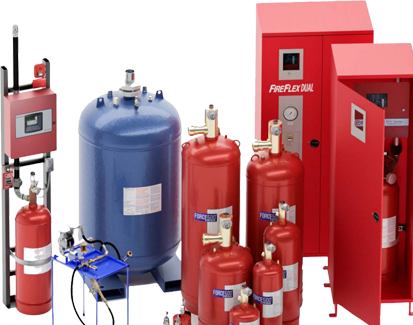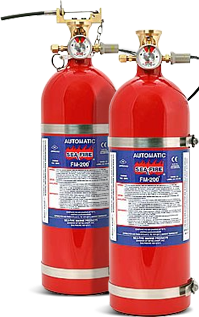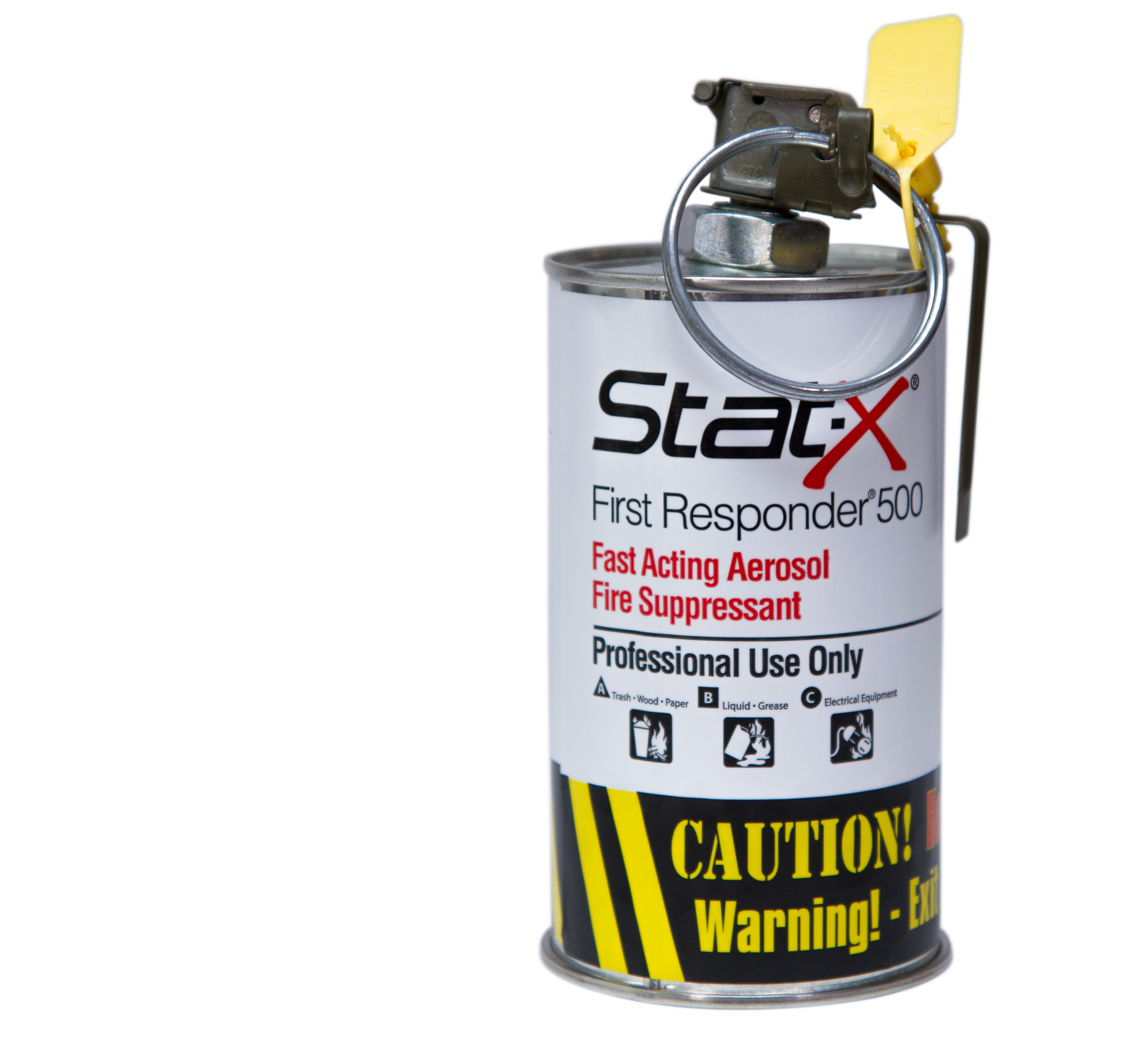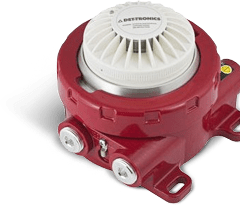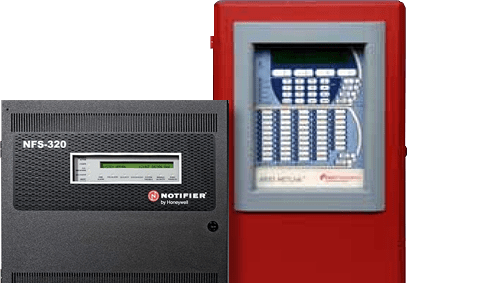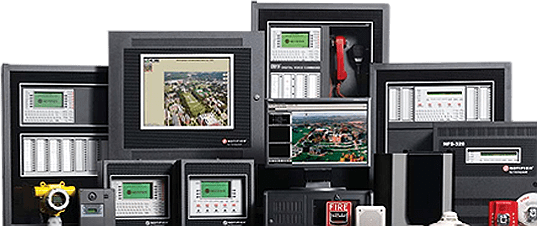Control Panels
Conventional Fire Alarm Control Panels

What is a conventional fire alarm control panel?
Conventional fire alarm panels are more of a traditional fire protection system, and they're also the most common type of fire alarm system in commercial settings. They're an analog system and despite advances in technology, conventional panels remain an ideal option in many circumstances. A conventional alarm system protects a structure by dividing it into zones. Typically, in multi-story buildings, each floor is its own zone. A series of initiating devices and notification devices work together to create different zones throughout the structure that all connect to the conventional fire alarm control panel.
How does a conventional fire alarm system work?
The conventional alarm system works by using increased electrical currents to notify the control panel of a change in atmosphere. Initiating devices in a particular zone are set at a certain threshold and when that threshold is surpassed by things like smoke or heat, the electrical current increases and sends a signal to the control panel. For example, smoke detectors identify a change in the amount of particles within the air or carbon monoxide is detected by identifying an increase in the zone's carbon monoxide levels.
Where conventional fire alarm control panels can be used
A fire alarm conventional panel can be used anywhere, but they're ideal for small businesses, single story buildings, buildings with a simple layout, or smaller structures in general where just a couple of zones can cover the entire building.
Features & benefits of conventional fire alarm systems
Perhaps one of the biggest advantages of a conventional fire panel system is its cost-effectiveness. Despite its significantly lower cost, a conventional control panel still remains an incredibly reliable option when it comes to protecting valuable assets. A conventional fire alarm panel is simple to set up and doesn't require any extensive changes to existing systems as they're easily integrated with other manufacturers' devices. They also don't require any costly configurations.
Disadvantages of conventional fire alarm systems
Despite their long standing reputation of being budget-friendly and effective in decreasing catastrophic loss, there is one very notable disadvantage to having a conventional fire alarm panel. While the system utilizes zones to narrow down the source of the problem, the initiating devices are only able to give the conventional fire panel a general location of the suspected fire. Newer systems with more advanced technology are able to pinpoint exact locations.
Overall, a conventional fire alarm panel is a great investment. If you think a conventional fire alarm system may be the next step in safeguarding your building, the experts at Control Fire Systems are standing by to offer you their honesty and expertise. Contact us today to see if a conventional fire alarm system is right for you or order a qualified fire alarm inspection from one of our technicians.





